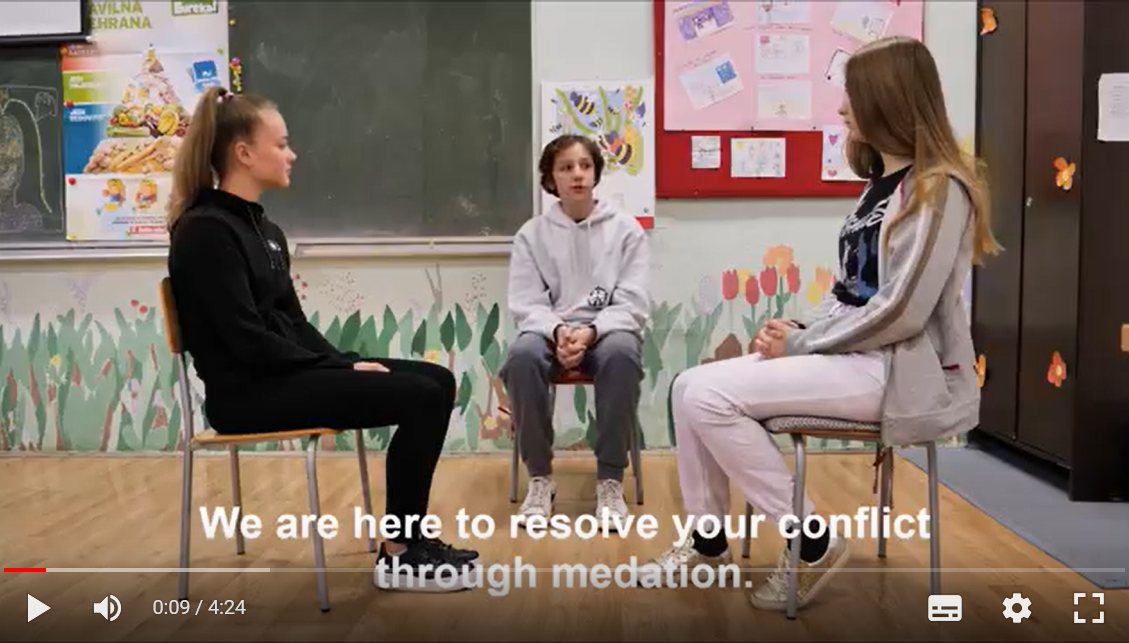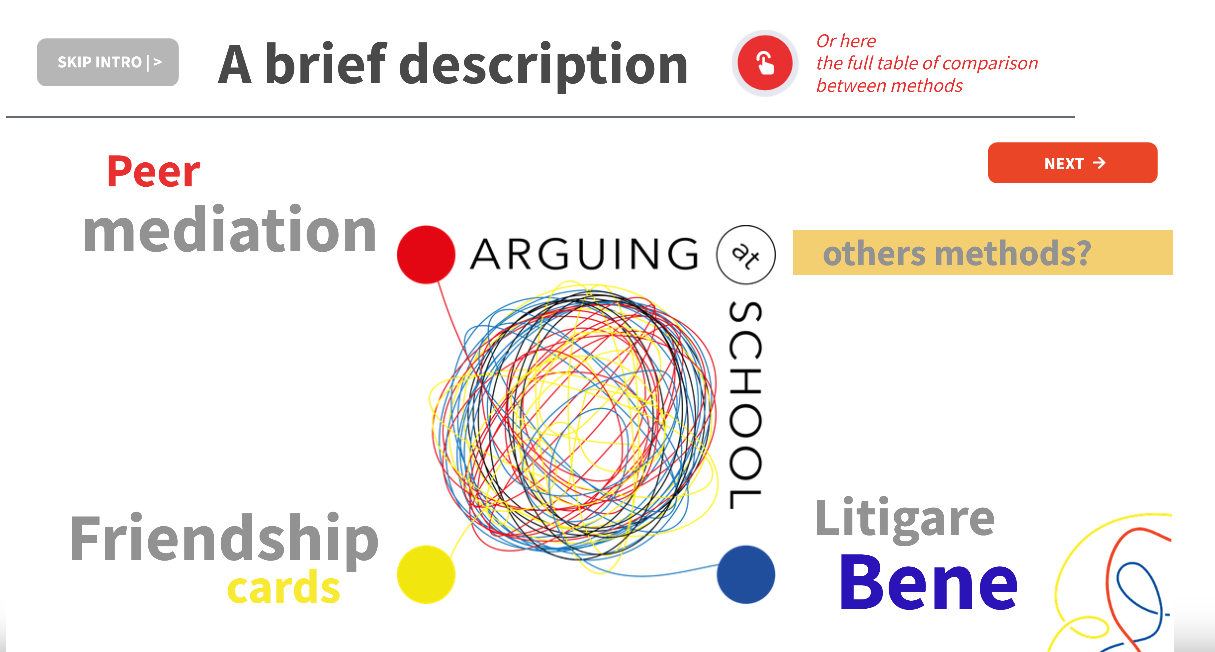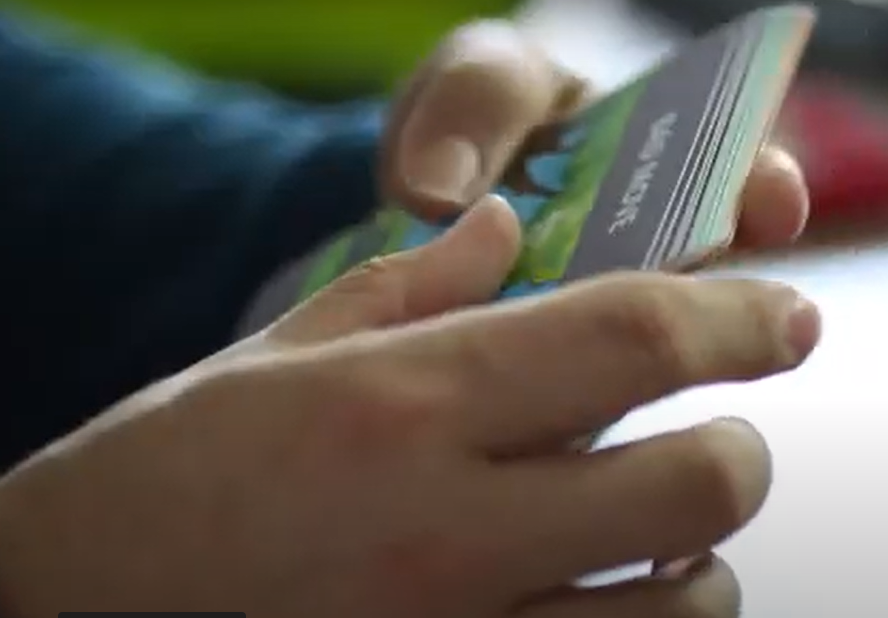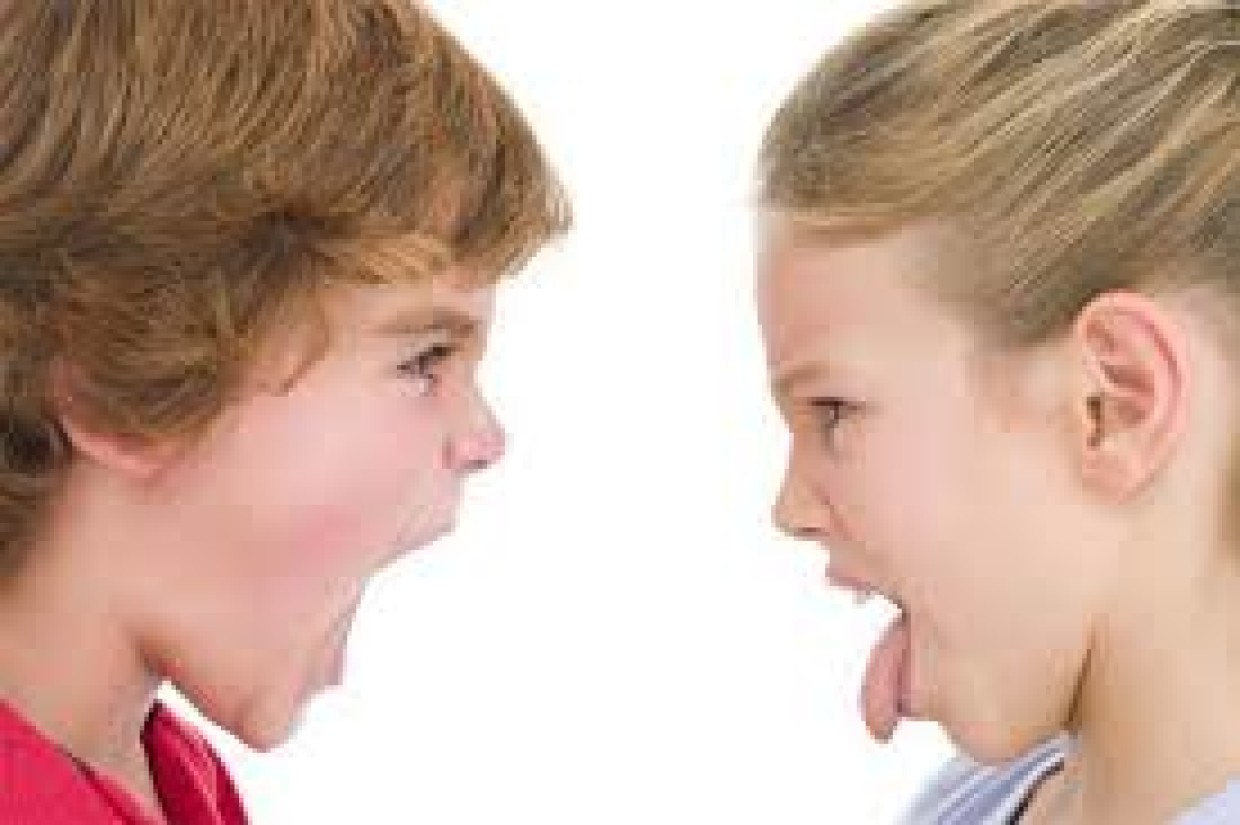Third Transnational Project Meeting of MUST-a-Lab in Livadia, Greece
From the 19th to the 21st of April 2023, the MUST-a-Lab project partners met in Livadia, Greece, for their third in-person meeting hosted by the Koinofelis Epicheirisi Dimou Levadeon – K.E.DH.L..
With the occasion, the consortium welcomed a new partner from France: the local administration of Grenoble Alpes Métropole, that will soon join the capacity building activities and start implementing its own Policy Labs during the summer.
The three-day event was dedicated to reviewing upcoming activities and deliverables, as well as preparing for one of the most crucial phases of the project: the selection and implementation of “micro-experiments”.
As a direct result of the consultation that took place in Policy Labs, migrants, young citizens and other relevant stakeholders proposed concrete actions to improve inclusion and integration services in their own cities; micro-experiments represent the implementation of these proposals and will take place from June to November 2023.
During the meeting – which foresaw the hybrid participation of Policy Lab Facilitators as well – participants had the chance to express their expectations and to analyze success and failure factors of their chosen experiments. The participants left Greece with an increased awareness of the actions to be undertaken and strong mutual support.
The 10 partners of “Arguing at School”
The video presents the 10 partners of the Erasmus+ consortium that is managing the project “ARGUING at SCHOOL – Psycho-pedagogical Methods to help children (2-18) learn from arguing”.
The 4 aims of the project are: develop a methodological framework about quarrelling at school, offer to teachers an operative tool to introduce in the classroom a new educational approach to this theme, provide to the schools a process to define a whole approach to conflicts, promote policies able to develop relational life skills.
The ten organisations involved will work on the project until the end of 2024.
Watch the full video here.
Il video presenta i 10 partner del consorzio Erasmus+ che gestisce il progetto “ARGUING at SCHOOL – Psycho-pedagogical Methods to help children (2-18) learn from arguing”.
I 4 obiettivi del progetto sono: sviluppare un quadro metodologico sui litigi a scuola, offrire agli insegnanti uno strumento operativo per introdurre in classe un nuovo approccio educativo a questo tema, fornire alle scuole un processo per definire un approccio globale ai conflitti, promuovere politiche in grado di sviluppare competenze di vita relazionali.
Le dieci organizzazioni coinvolte lavoreranno al progetto fino alla fine del 2024.
Il video è disponibile a questo link.
The peer mediation by Natalija Havelka and Tanja Jakovac
This article presents the Peer Mediation and the experience of School Ivana Goran Kovačić in Vrbovsko (Croatia), that has been implementing Peer Mediation for more than ten years, and the Center for Peace Osijek, that works with many schools, offering a 2 years programme for training and supervision.
The method was influenced by Nonviolent Communication, among others. Do you need help to solve a quarrel at school? The teachers refer you to a mediator, trained to help the classmates in expressing opinion, facts and feelings in a nonviolent way, and to accompany them in searching an agreement suitable for all.
The article presents also the guidelines of the training and the Mediation Clubs at school.
Read the full article here.
Questo articolo presenta la Peer Mediation e l’esperienza della scuola Ivana Goran Kovačić di Vrbovsko (Croazia), che attua la Peer Mediation da più di dieci anni, e del Center for Peace di Osijek, che lavora con molte scuole, offrendo un programma biennale di formazione e supervisione.
Il metodo è stato influenzato, tra gli altri, dalla Comunicazione Nonviolenta. Avete bisogno di aiuto per risolvere un litigio a scuola? Gli insegnanti vi indirizzano a un mediatore, preparato per aiutare i compagni di classe a esprimere opinioni, fatti e sentimenti in modo non violento, e per accompagnarli nella ricerca di un accordo adatto a tutti.
L’articolo presenta anche le linee guida della formazione e dei Mediation Clubs a scuola.
L’articolo sulla mappa è disponibile a questo link.
Discovering “Arguing at school”
This interactive map is part of the project result 1, “A methodological framework about quarreling children (2 to 18 years old)”. The map will include videos, abstracts, complete official relations, researches, and will be updated constantly with the progress of the project.
Read the full article about the project result here.
Questa mappa interattiva fa parte del risultato del progetto 1, “‘A methodological framework about quarreling children (2 to 18 years old)”. La mappa includerà video, abstract, relazioni ufficiali complete, ricerche e sarà aggiornata costantemente con i progressi del progetto.
L’articolo sulla mappa è disponibile a questo link.
The Friendship Cards
This article presents a simple set of cards that are useful to prevent conflicts and to manage them in a peaceful way at school. By playing with the cards children and teens begin to understand that when you make some kind of choices (bad moves) the conflict will get bigger, while when you make others (good moves) the conflict can be settled in an amicable way.
The tool creates a safe space for students to discuss and share what they are experiencing in their life, inside and outside school. The teacher will become a facilitator of learning: s/he does not seek to solve the conflict herself/himself, but empowers the student; will become a guidance that does not impose his ideas, but facilitates the session between peers. The emphasis is to create a context where the children feel safe to play, share and learn: in this way the children develop a sense of ownership of the problem and the solution of quarrels and conflicts.
Read the full article here.
Questo articolo presenta un set di carte utili per prevenire i conflitti e gestirli in modo pacifico a scuola. Giocando con le carte, i bambini e gli adolescenti iniziano a capire che quando si fanno alcune scelte (mosse sbagliate) il conflitto aumenta, mentre quando se ne fanno altre (mosse giuste) il conflitto può essere risolto in modo amichevole.
Lo strumento crea uno spazio sicuro in cui gli studenti possono discutere e condividere ciò che stanno vivendo nella loro vita, dentro e fuori la scuola. L’insegnante diventerà un facilitatore dell’apprendimento: non cercherà di risolvere il conflitto da solo, ma darà potere allo studente; diventerà una guida che non impone le sue idee, ma facilita la sessione tra pari. L’accento è posto sulla creazione di un contesto in cui i bambini si sentano sicuri di giocare, condividere e imparare: in questo modo i bambini sviluppano un senso di appartenenza al problema e alla soluzione di liti e conflitti.
L’articolo è disponibile a questo link.
The “Litigare Bene” method by Daniele Novara: Glimpses from Project Result
Quarrels are a common form of interaction. Quarrelling children learn to know themselves and their friends. While playing, quarrels happen. The Litigare Bene method works very well for children in kindergarten and Primary school, not just in Italy. Adults decide to use the method: they stop assigning blame. No solutions are imposed and children find spontaneous agreements. Sometimes they lose interest in the argument and play a new game.
How does it work? What are the 4 steps to achieve it? What is a conflict corner? What is the role of teachers? Which rules are given to students? Why does it work?
In traditional schooling, teachers intervene in a corrective way and block the development of children’s interaction. With Litigare Bene method, children take responsibility for their conflict and learn to solve it by themselves. Teachers feel relieved.
The article contains links to references and video about the experience of the Ivana Gorana Kovačića school of Vrbovsko (Croatia), partner of “Litigare a scuola” Project.
Read the full article here.
I litigi sono una forma comune di interazione. I bambini che litigano imparano a conoscere se stessi e i loro amici. Può succedere che mentre giocano, i bambini litighino. Il metodo Litigare Bene funziona molto bene per i bambini della scuola dell’infanzia e della scuola primaria, non solo in Italia. Gli adulti decidono di utilizzare il metodo: smettono di attribuire colpe. Non vengono imposte soluzioni e i bambini trovano accordi spontanei. A volte perdono interesse nella discussione e fanno un nuovo gioco.
Come funziona? Quali sono le 4 fasi per realizzarlo? Che cos’è un angolo dei conflitti? Qual è il ruolo degli insegnanti? Quali regole vengono date agli studenti? Perché funziona?
Nella scuola tradizionale, gli insegnanti intervengono in modo correttivo e bloccano lo sviluppo dell’interazione dei bambini. Con il metodo Litigare Bene, i bambini si assumono la responsabilità dei loro conflitti e imparano a risolverli da soli. Gli insegnanti si sentono sollevati.
L’articolo contiene link a riferimenti e video sull’esperienza della scuola Ivana Gorana Kovačića di Vrbovsko (Croazia), partner del progetto “Litigare a scuola”.
L’articolo è disponibile a questo link.
EIP Laboratory Second Annual Conference
On February 22nd, the Education Inspiring Peace Laboratory held its second Annual Conference at Villa Ormond in Sanremo, to present the results achieved so far.
Together with prominent experts – such as the keynote speakers Patrizio Bianchi (UNESCO Chair of “Education, Growth and Equality”, Former Italian Minister of Education), Claudia Lenz (co-Author of the RFCDC) and Cecilia Barbieri (Chief of Global Citizenship and Peace Education – UNESCO) – the Conference deepened the policy challenges to address, hosted an “ideas forum”, a hand-on session to disseminate the numerous products of the European projects the Laboratory collects under its wing and a hackathon to collect participants’ perspectives on future projects and relevant issues. The EIP Laboratory, together with the aforementioned keynote speakers, wants to thank all the guests who intervened: Edoardo Greppi – President of the Education Inspiring Peace Lab and of the International Institute of Humanitarian Law; Christiane Demontès (whose words were delivered by Axel Joder) – FREREF delegate and Vice-President of the EIP Lab; Anne Bamford – City of London; Tiziana Ciampolini – CEO Learning Community – Politecnico di Torino; Coral Garcìa Guadix – World Jurists Association; Agnese Koligina-Balode – Human Rights Guide Network / Baltic Human Rights Society; Andrea Lapegna – Lifelong Learning Platform; Antonio Labianco – General (r.), Italian Carabinieri Corps and Former advisor for the promotion of the culture of legality and security at the Italian Ministry of Education; Sophie Mols – Karel de Grote Hogeschool Antwerpen; Elena Passerini – Psycho-pedagogical Center for education and conflict management; Cinzia Pennesi – Orchestra conductor, pianist and composer; Elisa Rapetti – DARE Network; Sigrid Steininger – Austrian Federal Ministry of Education, Science and Research (BMBWF).
Peace Games: final TPM and Final Conference
This February, the Project Peace Games came to an end. The project was coordinated by the Fondation des Régions Européennes pour la Recherche, l’Éducation et la Formation (FREREF) in partnership with the International Institute of Humanitarian Law (IIHL), the Liceo Statale G.D. Cassini (Sanremo), the Ministry of Education and Employment of Malta (MEDE), the Asociación cultural Da2 Trucados, the University of Modena and Reggio Emilia (UNIMORE), the FH Joanneum University of Applied Sciences, the Evangelische Schule Neuruppin and the Université Côte d’Azur (UCA).
The project, started in 2020, aimed to contribute to the development of citizenship, democratic and social competences by using the full potential of creativity through game-based learning in formal and informal learning.
On February 20th, the consortium reunited at Villa Ormond for the final Transnational Project Meeting, in which final evalutation and considerations were shared, and the Final Conference was finalized in its details.
On February 21st, the Peace Games Final Conference took place at the same venue. After an institutional opening, the project was presented by the coordinator, FREREF, and Anne Bamford, external evaluator, shared her key challenges and recommendations. Moreover, EIP Lab Coordinator of the Executive Council Claudio Dondi presented the policy recommendations, while other partners discussed the project’s piloting. The Conference included an experts panel titled “Learning to think and act peacefully in formal and informal educational contexts: the role of game-based learning” and a keynote speech titled “Human Motivational Design: Serious Games and Gamification at the service of Peace” by gamification expert Oscar Garcia Pañella.
Quality criteria for development education: VENRO’s practical handbook
VENRO (Association of German Development and Humanitarian Aid NGOs) has recently published a practical handbook on development education. The handbook, titled “Quality Criteria for Development Education”, serves as an orientation aid for education practitioners for effective education work.
The quality criteria were developed as guidelines for practitioners of development education and can be used for guidance and assistance in the design, implementation and evaluation of development educational offers.
Read the handbook through this link!
Zentrum POLIS 2022 report
Zentrum POLIS has published its annual report, which offers an insight into the wide-ranging work made by the organization in 2022. Despite the current sociopolitical global framework – the COVID 19 pandemic, the Russian war of aggression on Ukraine, the energy crisis, the climate emergency, the erosion of democracy through corruption – Zentrum POLIS included these challenges in the projects.
The EIP Lab wants to highlight the CITIZED project, which will result in the creation of an innovative set of tools that is being developed to support the broad implementation of civic education in European secondary schools.
Read the 2022 report here!










